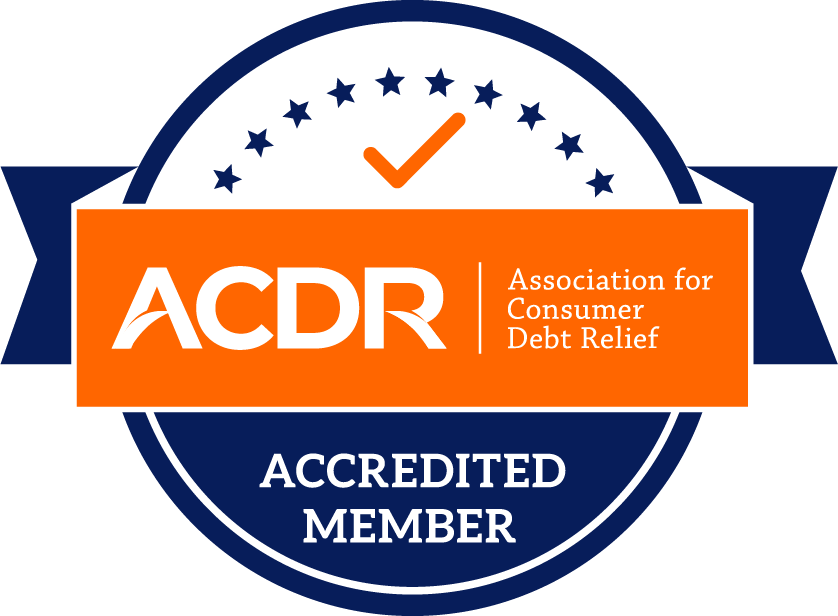Tag Archives: IRS debt
-

5m read
Read moreMany things get people stuck in a tax debt quagmire with the IRS, including personal income tax withholdings that don’t offset income tax liability, owning non-income property of significant value, and winning heavily-taxed prizes. The taxes, size of debt, and assets taxed vary widely, but they are dealt the same financial hand of fate: someone […]



